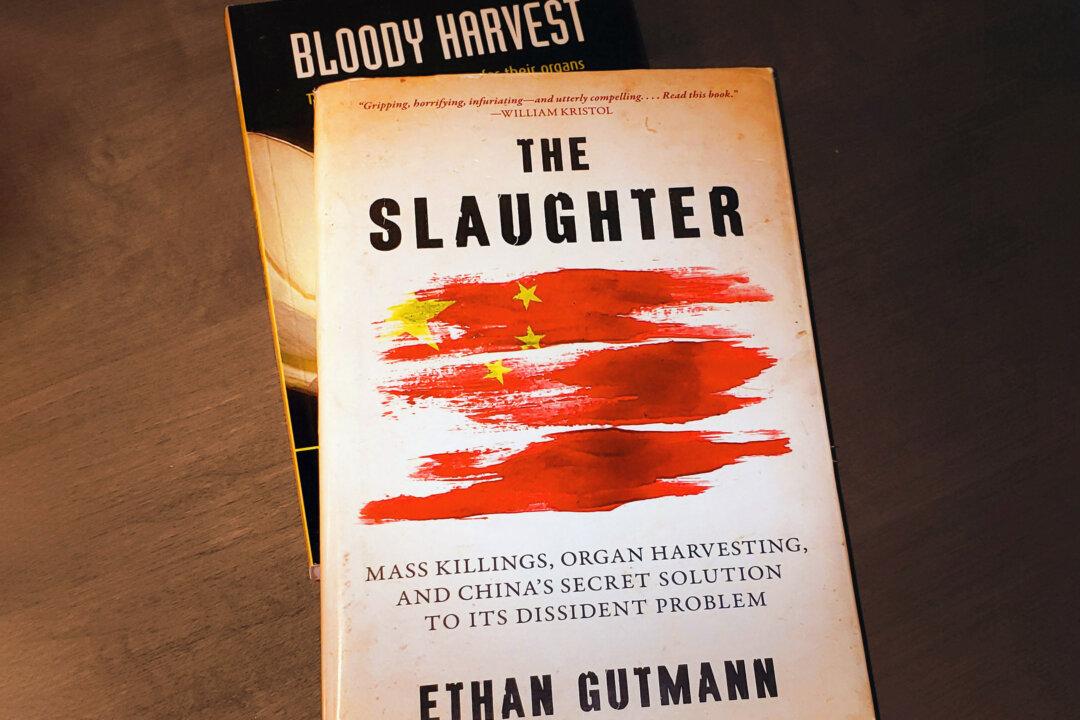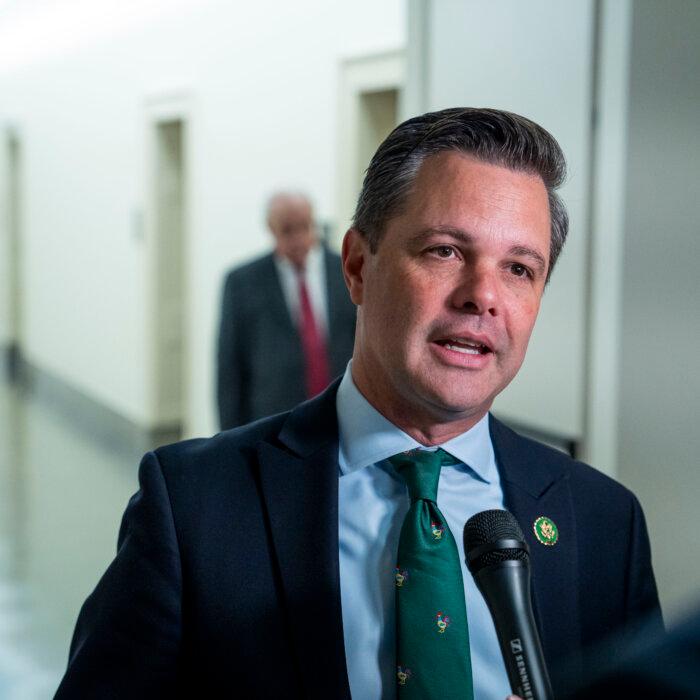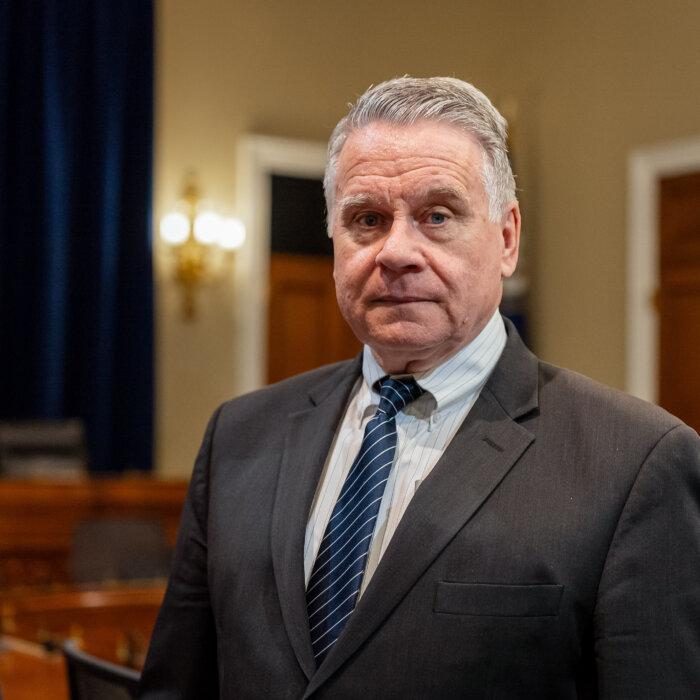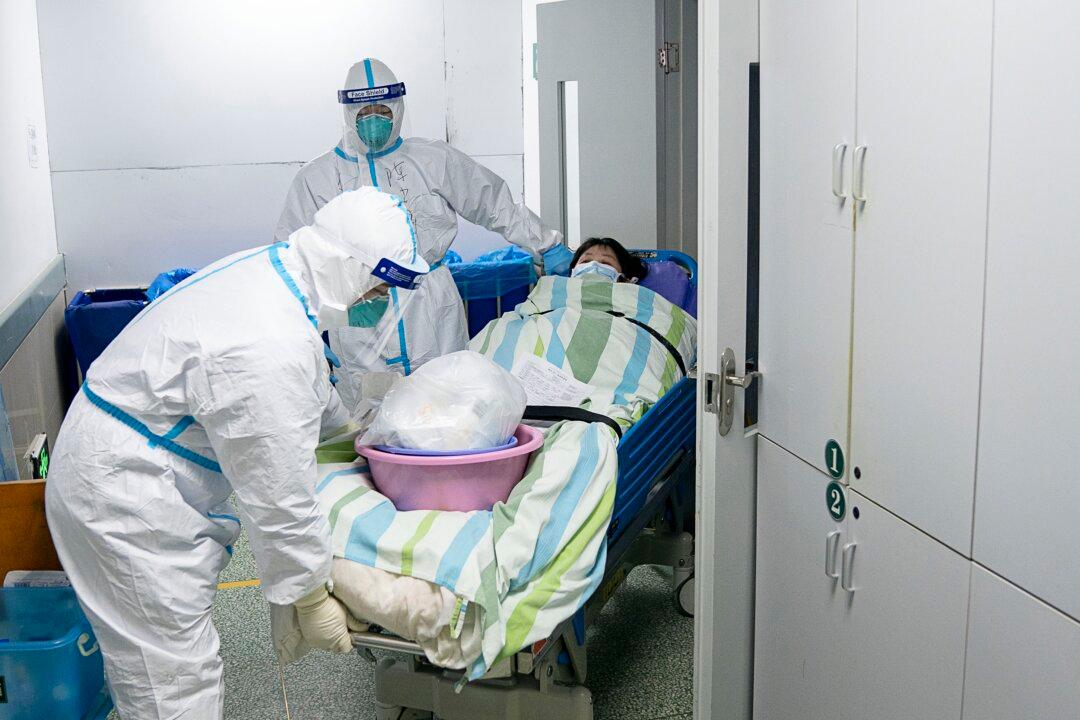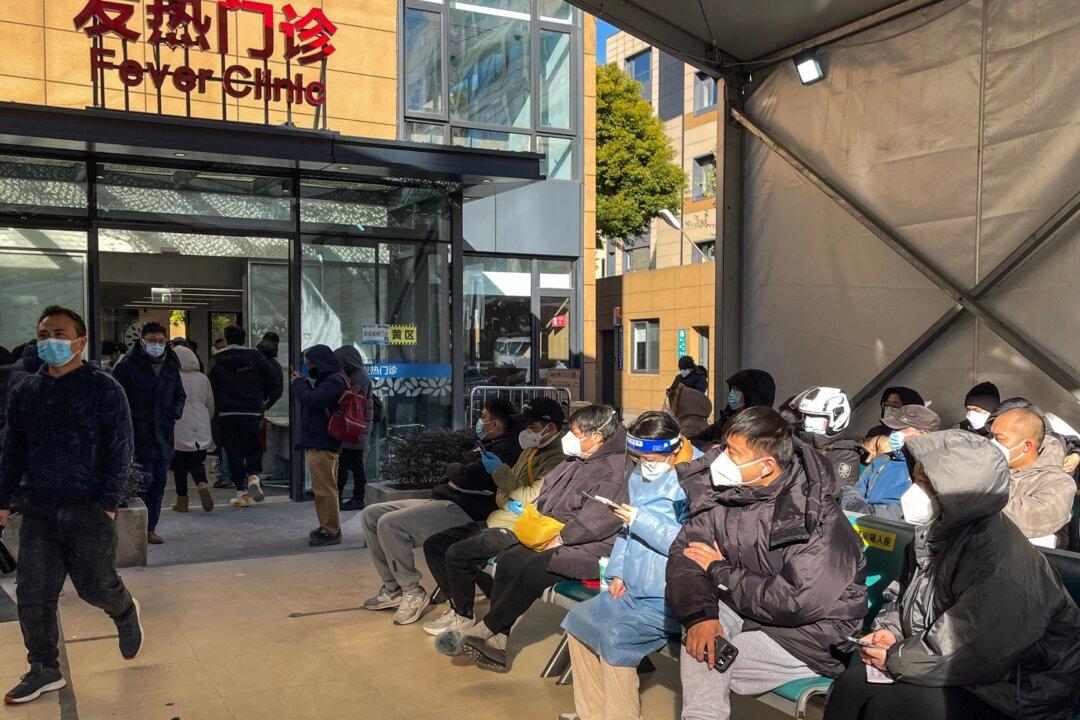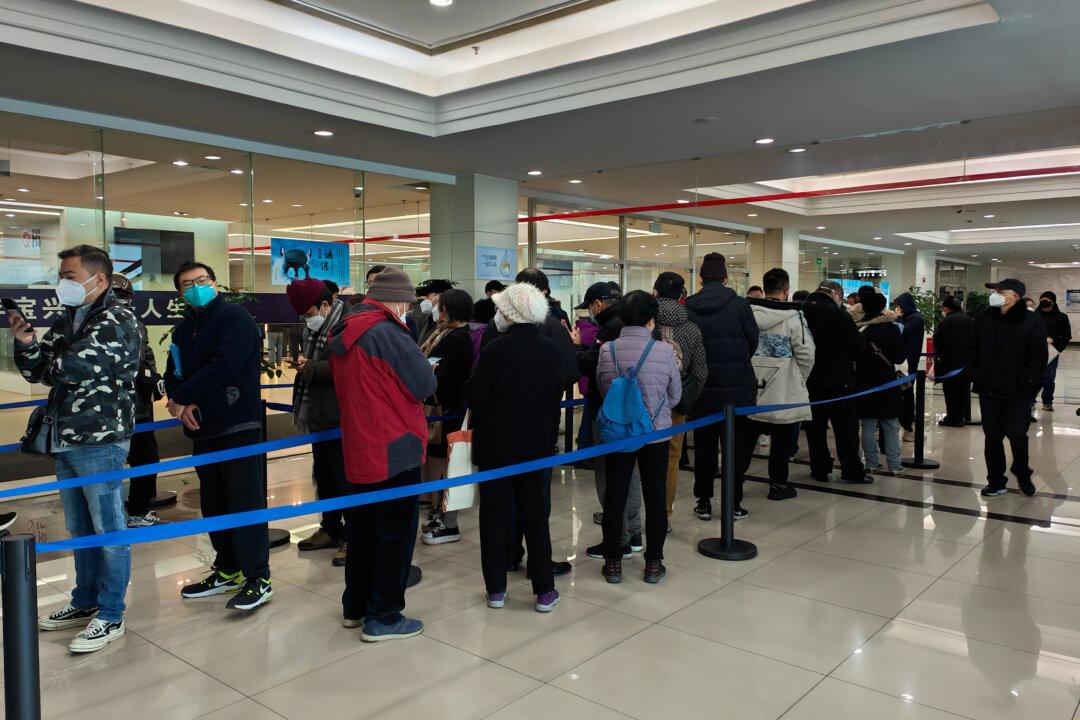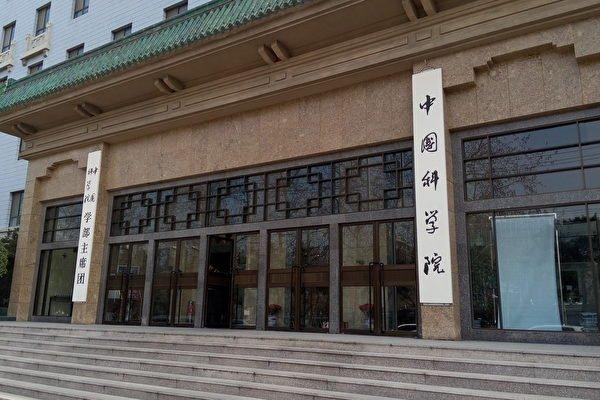Three senior hospital executives were recently placed under investigation by the Chinese regime’s disciplinary body.
The Guizhou Discipline Inspection Commission, a provincial-level government body that disciplines Chinese Communist Party (CCP) officials, issued three notices between March 20 and March 29 that they were under investigation for “seriously violating laws and discipline.” Since CCP head Xi Jinping came to power, such statements usually refers to crimes of corruption.
The three men are Wang Xiaolin, former dean of the Affiliated Hospital of Guiyang Medical College (the predecessor of Guizhou Medical University), Liang Guiyou, former dean of Zunyi Medical College Affiliated Hospital, and Bi Lujia, former party chief of Zunyi Medical College Affiliated Hospital.
The investigation of the three hospital executives is a result of a recent anti-corruption campaign in the health care sector.
In July 2023, the CCP launched an extensive anti-corruption campaign targeting hospitals, the pharmaceutical sector, and insurance funds. The aim is to target medical corruption, such as doctors and hospital managers taking bribes from patients, drug makers, or medical device companies.
Mr. Xi has utilized anti-corruption campaigns to purge political rivals since he became Party leader in 2012.
When the health care sector became a new target, the authorities claimed it was to address long-standing public frustration over the soaring medical costs.
Involvement in Organ Harvesting
A number of surgeons from the Department of Urology at the First Affiliated Hospital of Guiyang Medical College are suspected of harvesting organs from living Falun Gong practitioners for transplantation, according to the World Organization to Investigate the Persecution of Falun Gong (WOIPFG), a non-governmental investigative body.According to WOIPFG’s decade-long investigation, evidence reveals that after the CCP began persecuting Falun Gong in 1999, China’s organ transplant industry saw explosive growth. Waiting times for organs were extremely short. There were shocking numbers of emergency transplants, using people alive as backup donors. Multiple transplant surgeries were conducted simultaneously. For instance, a Chinese hospital performed 24 kidney or liver-kidney transplants in a single day. The donor organs were found to have no or extremely short warm ischemia time. Ischemia time refers to the time the blood supply to the organ is cut off until it is restored after transplantation, which implies that the so-called organ donor was in the same hospital at the time of the surgery.
WOIPFG analyzed over 300 papers from more than 200 hospitals in various provinces and cities in China and found descriptions of the donor’s gender, age, pre-existing medical conditions, cause of death, the steps of organ extraction, the description of cold and warm ischemia time, and the time of organ transplant surgery, all suggest that the CCP maintains a massive live organ donor pool. The large number of illegally detained, healthy Falun Gong practitioners are likely the main source of live donors.
Since 2017, the First Affiliated Hospital of Guiyang Medical College, where Mr. Wang had been a dean, has conducted more than 800 kidney transplants.
Zunyi Medical College Affiliated Hospital
Dr. Liang, former dean of Zunyi Medical College Affiliated Hospital, has been engaged in the clinical work of thoracic and cardiac surgery for more than 30 years and was directly involved in the first heart transplant and the first lung transplant in Guizhou Province.An investigator from WOIPFG disguised himself as a patient and called Dr. Liang on April 12, 2019. Dr. Liang admitted in the phone conversation that both Zunyi Medical College Affiliated Hospital and the Affiliated Hospital of Guizhou Medical University are technically capable of performing kidney transplants at a cost of about 120,000 yuan (approx. $16,584) and that the surgery can be arranged in half a month.
He also said that healthy organs could be obtained from young people for transplantation. When the undercover investigator asked him, “Can you find the organs of qigong practitioners of this particular qigong?” Dr. Liang did not deny it and asked the caller to use his cell phone to communicate with him about this question.
The WOIPFG concluded in its organ harvesting investigation report that organ transplants, mainly liver and kidney transplants, have been widely practiced in all provinces in mainland China except the Tibet Autonomous Region. Hospitals claim to be using the so-called “brain-dead donor organs” in large numbers for transplants, but the source of the organs is completely opaque. These hospitals uniformly say that the organs are not from death row prisoners, but from brain death donors, and that the waiting time can be as short as a few days, a few weeks, or a few months at most. If there is a request for organ selection or early surgery, the patient or his family must meet directly with the director of the department to discuss the details.
A number of new investigations have shown that the CCP’s crime of harvesting organs from Falun Gong practitioners has never stopped, even after the international community spoke out strongly against the evil practice.
